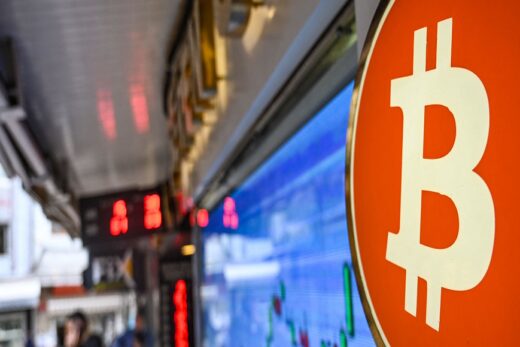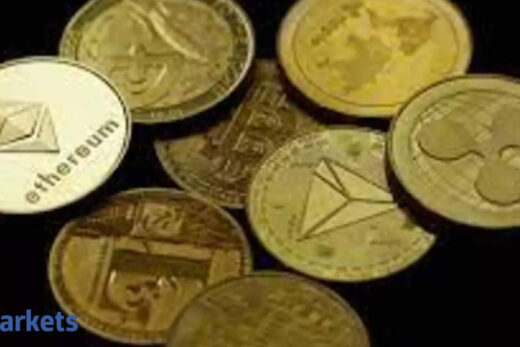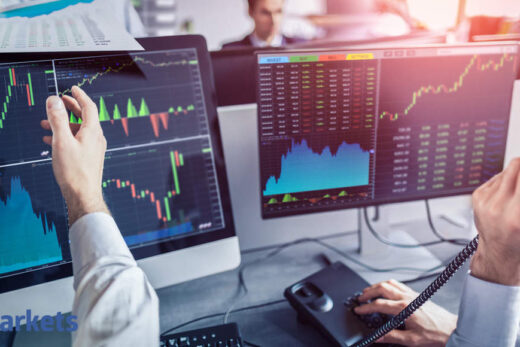Mounting coronavirus cases and caution ahead of the U.S. Federal Reserve’s policy meeting this week also dulled appetites for risk, lending support to the dollar against a basket of currencies. Oil prices edged down.
The yield on Germany’s 10-year government bond, seen as Europe’s safest asset, dropped to a two-week low amid a fresh bout of political turmoil in Italy.
But European stock markets inched higher after two sessions of declines, with the pan-European STOXX 600 up 0.8%, after Swiss wealth manager UBS posted a surge in quarterly net profit.
“The earnings season up to now has been very good, so it comes back to the fact the market has been overbought and had a strong rally since Jan. 1, with a lot of positive news priced in,” said Francois Savary, chief investment officer at Swiss wealth manager Prime Partners, referring to recent losses.
E-Mini futures for the S&P 500 shed 0.1%. On Monday, the Nasdaq index scaled a new peak but the Dow Jones Industrial Average index slipped.
South Korea and Hong Kong topped losers in Asia overnight, falling more than 2% apiece. The sell-off also saw Japanese stocks slip 1% and Chinese blue-chips tumble 2%, their biggest one-day loss since Sept. 9.
All had touched milestone highs earlier this month.
MSCI’s All Country World index, which tracks stocks across 49 countries, was flat, while MSCI’s emerging market stock index was 1.6% lower.
Simmering tensions in the Taiwan Strait and South China Sea added to the caution in Chinese markets, where a jump in small-cap short bets has also caught regulators’ attention.
After a “buy everything” rally over several months supported by money-printing pandemic stimulus packages, near-zero interest rates and the start of COVID-19 vaccination programmes, some investors are worried markets may be near ‘bubble’ territory.
They point to rocketing prices of assets such as bitcoin or, on Monday, the soaring stock of short-squeezed videogame retailer Gamestop.
U.S. lawmakers agreed that getting COVID-19 vaccines to Americans should be a priority even as they locked horns over the size of a pandemic relief package. Democratic Majority Leader Chuck Schumer nevertheless warned the relief package may be four to six weeks away.
Disagreements have meant months of indecision in the United States, where COVID-19 cases are over 175,000 a day and millions of people are out of work.
“We suspect earnings may not be able to catch up with what people expect this year,” said Jacob Doo, chief investment officer at Envysion Wealth Management, citing the lockdowns in Europe and the slow roll out of vaccines in the United States.
“Within the tech space, we are cautious on FANGS now, simply because there could be anti-trust laws that Biden would implement,” he added, using an acronym for major U.S. tech companies including Facebook and Amazon.
Investors are also looking ahead to the Federal Reserve’s Federal Open Market Committee meeting on Tuesday and Wednesday.
“We expect the January FOMC to repeat and reinforce the Fed’s existing dovishness, which is still significant given the recent taper discussions and other central banks’ considerations to adapt policy,” CitiFX strategist Ebrahim Rahbari said in a note.
Against a basket of its rivals, the dollar rose 0.2% to 90.65, its highest level since Jan. 20, as volatility in stocks dulled appetite for riskier currencies.
The euro, which fell on Monday after a survey showed German business morale slumping, slipped 0.2% to $1.2126.
The benchmark 10-year U.S. Treasury yield slipped a fraction to fresh three-week lows, last trading at 1.0414%.
Germany’s 10-year bond yield fell a basis point to a two-week low of -0.561%, while Italian 10-year yields were up slightly on the day at 0.655%.
Italian Prime Minister Giuseppe Conte will resign on Tuesday, his office said, hoping President Sergio Mattarella will then give him a mandate to form a new government.
After rising nearly 1% on Monday, Brent crude fell 0.5% to $55.60 per barrel and U.S. crude lost 0.5% to $52.51.
Spot gold fell 0.2% to $1,852.30 per ounce.



